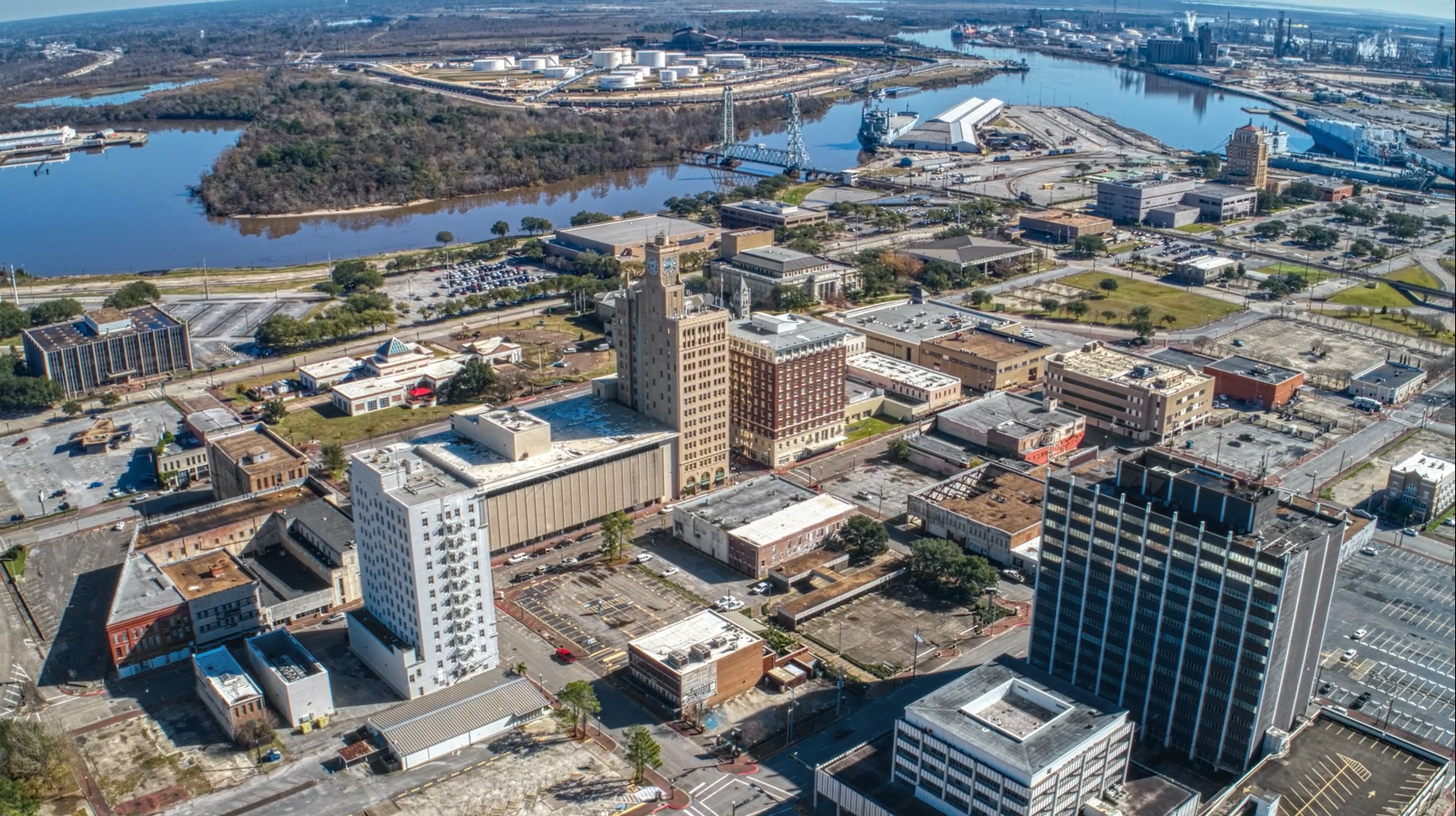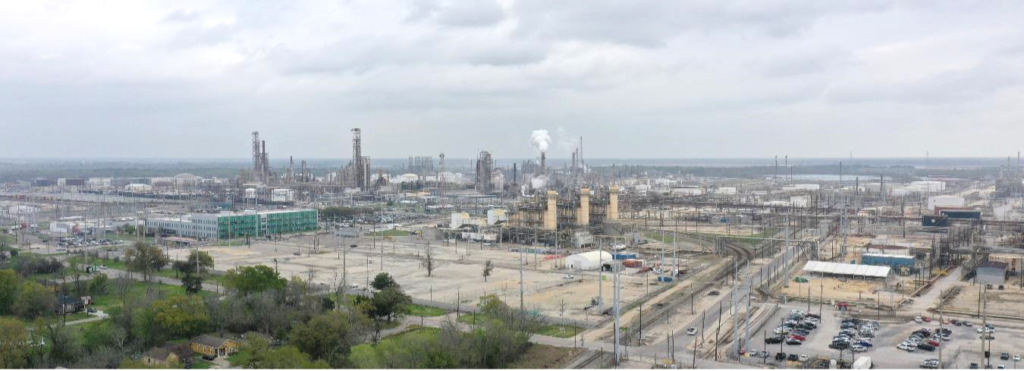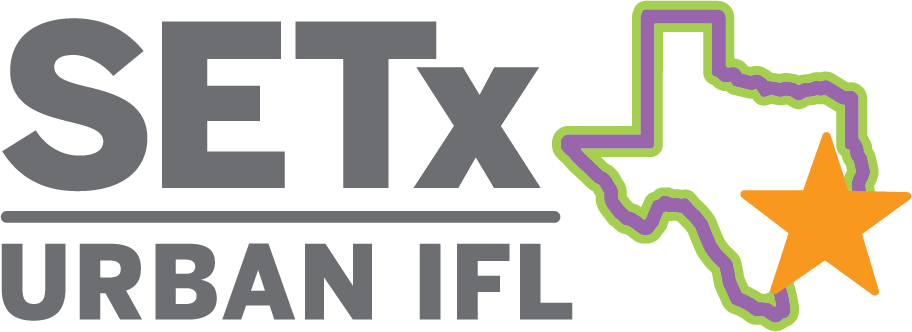The Southeast Texas Urban Integrated Field Lab (SETx-UIFL) is one of four Urban Integrated Field Laboratories (UIFLs) awarded in Fall 2022 by the Biological and Environmental Research Program, Office of Science, U.S. Department of Energy. The UIFLs advance the sciences of climate, environmental, ecological, and urban change affecting heterogeneous urban regions to inform and develop sustainable, resilient, and equitable solutions. The SETx-UIFL focuses on Southeast Texas, specifically the Beaumont-Port Arthur Metropolitan Statistic Area (MSA). This economically significant region represents many urban centers along the Gulf Coast characterized by the population diversity and vulnerability, and ecological richness as well as climate adaptation needs.

Our Challenge
The Gulf Coast contains an extensive and diverse range of natural features and communities, with a disproportionate number of vulnerable populations. The region faces regular “acute-on-chronic” hazards in which short-notice technological and natural stressors (e.g., oil spills, coastal storms) occur alongside long-term chronic environmental, industrial, and social stressors (e.g., subsidence, toxic pollution, population growth). This region will serve as a bellwether of change, providing either successful or failed adaptation of these compounded and coupled crises. However, addressing these challenges requires scientific understanding in:
- how the Earth system and the water cycle will change in the coming decades;
- how anthropogenic alterations will affect the water cycle and air pollution through urbanization and human migration, water infrastructure, and land cover change; and
- how community level green infrastructure intended to mitigate these stressors can in turn alter physical processes and the water cycle.

Our Mission
Our mission is to better understand current and future impacts from flooding and air pollution in Southeast Texas and the Gulf Coast region using measurements, modeling, and community experiences and to co-develop applicable and equitable adaptation strategies with local partners.
Our Goal
Long-term Goals
- Provide a quantitative understanding of projected climate change impacts across Southeast Texas that will inform other regions.
- Improve the practice of resilience science and community resilience through new and generalizable theories of change validated in SETx-UIFL.
Short-term goals
- Integrate new data, methods, and models about the interactions among natural, human-built, and social systems;
- Increase our understanding of interdependencies, mutual benefits, and trade-offs of different wellbeing outcomes for humans and the environment;
- Coproduce knowledge with stakeholders; and
- Center concepts of social equity in urbanized regions across spatial and temporal scales.
Our Process

The SETx-UIFL organizes multiple disciplines through three cross-cutting themes, which are linked through community engagement and data collection strategies supported by a Knowledge Management Platform (KMP). Three Activity Areas (AAs) coordinate activities across the themes and KMP to ensure impacts are useful beyond the SETx-UIFL.
Broader Impacts of the SETx-UIFL include:
- the co-development of climate scenarios with local stakeholders;
- educational opportunities around “convergence science” in both formal and informal learning environments;
- citizen science and participatory research methods to codesign research projects and promote co-learning between residents and scholars; and
- broadened participation of underrepresented faculty and student groups in science and engineering to undertake community engagement in culturally and ethically appropriate ways.
